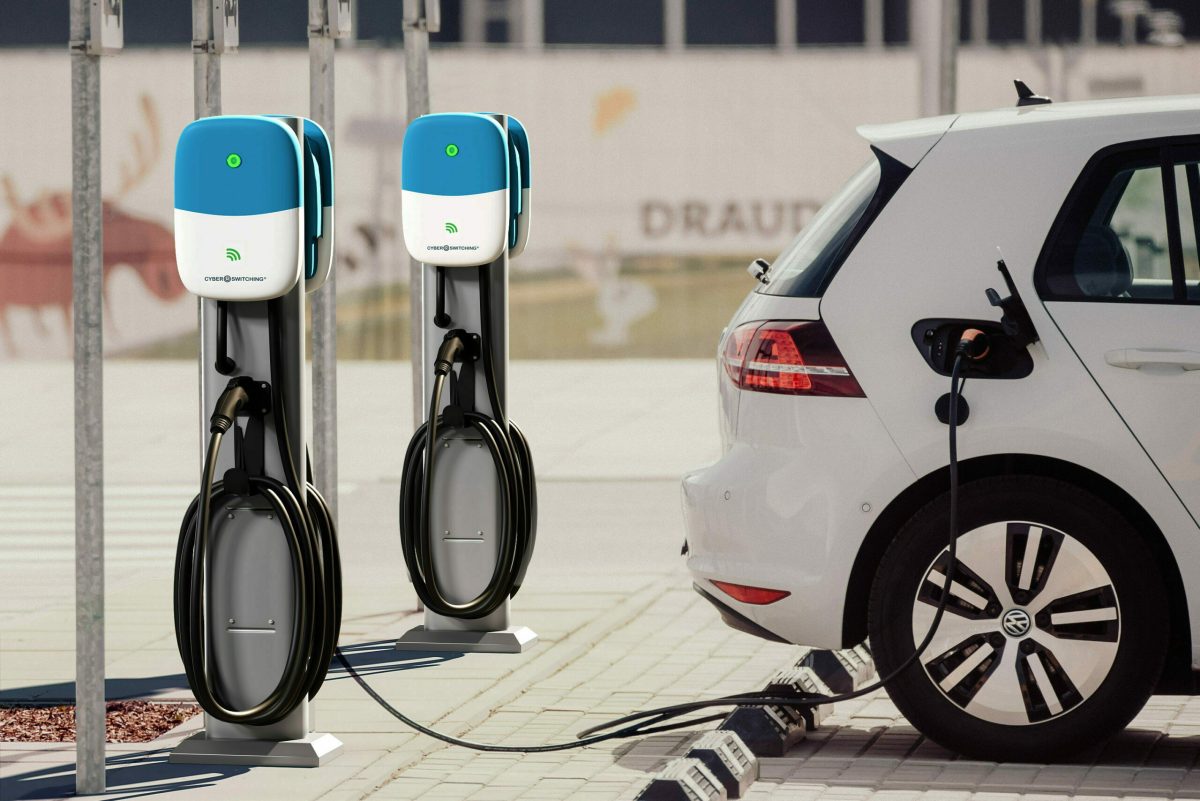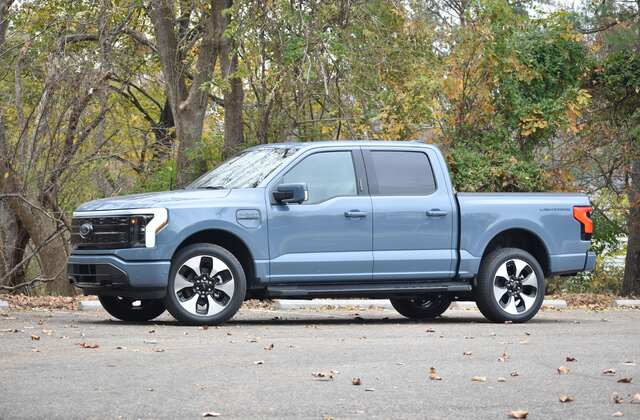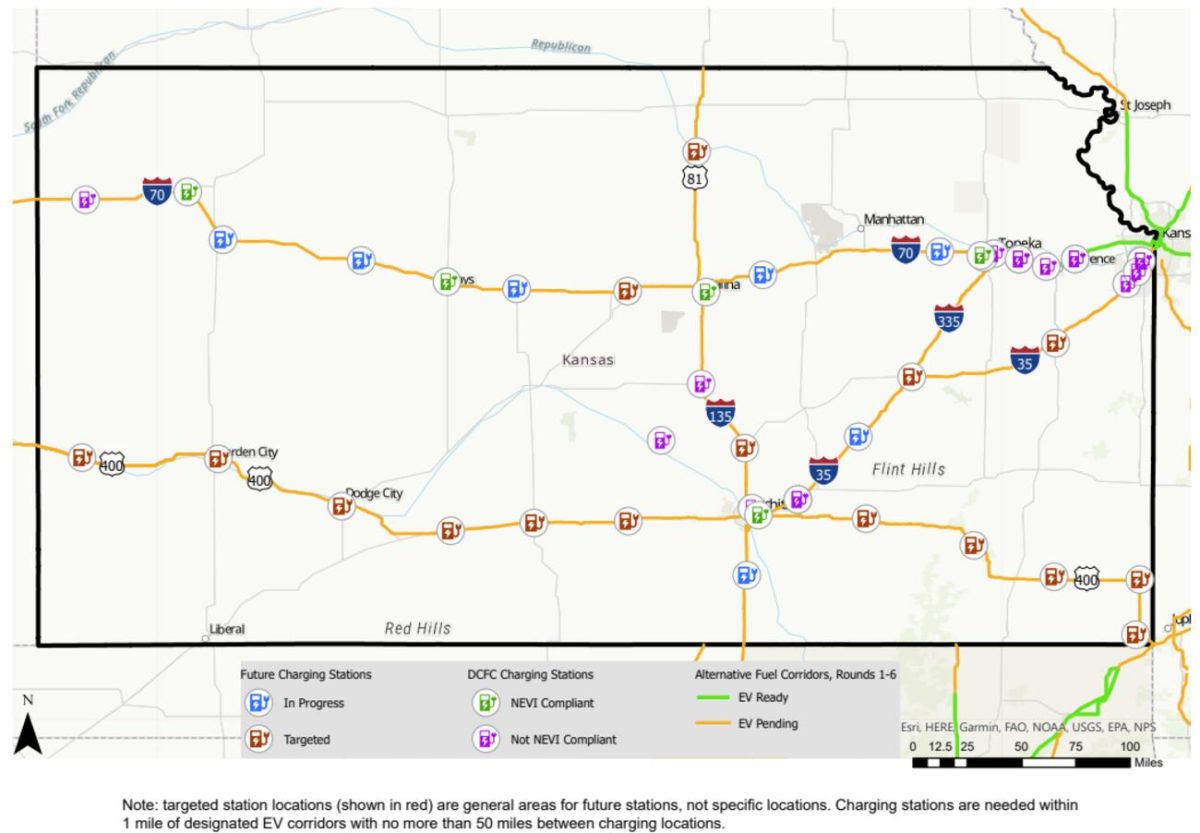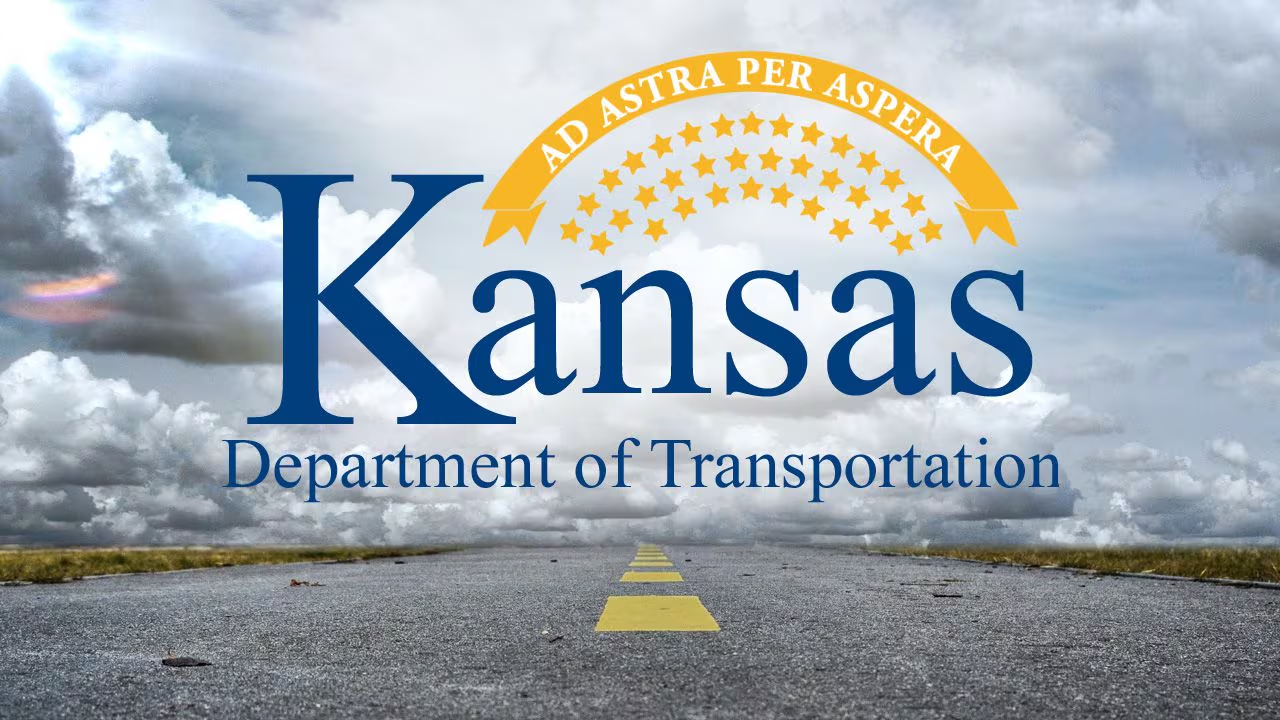TOPEKA – Kansas Department of Transportation officials are hoping proposals for electric vehicle charging station projects will help access federal funds available to build them, but the slim number of EVs in the state and their general unpopularity nationwide makes the topic reminiscent of the movie “Field of Dreams”…
If we build it, will they come?

The deadline to submit proposals for the charging projects was Friday. KDOT officials have not yet released any details about those potential projects. Right now, only about .004 percent of vehicles in Kansas will be able to use them. Out of some 2.6 million licensed vehicles in Kansas, the U.S. Department of Energy says electric vehicles number 7,600 with plug-in hybrids at 4,300. There are over 2.1 million gasoline powered vehicles licensed in Kansas and some 87,000 vehicles powered by diesel.
Nearly $16 million in National Electric Vehicle Infrastructure (NEVI) Formula funds are available for DC Fast-Charging projects along federally designated EV Charging Alternative Fuel Corridors in Kansas, according to KDOT’s Steve Hale. All awarded projects are required to provide a minimum 20% cash match. Project awards are expected in September. Fast-charging stations can cost upwards of $10,000 for equipment and installation costs, industry experts say, along with permits and costs for connecting to the electric grid.

Loads of federal money to promote environmental projects was included in a massive “Inflation Reduction Act” approved by Congress last December. This portion of the bill lays out $7.5 billion in EV charging, $5 billion of which the White House says is for building a backbone of high-speed chargers spaced no less than every 50 miles along America’s major roads, freeways, and interstates.
As of this spring, the $7.5 billion committed to President Biden’s vision had yielded a whopping 7 actual finished stations.

Charging stations have to be spaced fairly close together because current electric vehicle technology doesn’t allow the vehicles much range compared to petroleum-fueled vehicles. Additional problems with larger, heavier vehicles cut down that distance and have proven troublesome with software and other mechanical issues. Ford this spring shut down one of two production shifts at the Dearborn, Mich., plant that built its F-150 Lightning electric pickup after numerous problems, not the least of which was soft demand. The company said it was “matching F-150 Lightning production to customer demand.”
Such limitations as those experienced by Ford have severely limited EV popularity among consumers. A 2023 survey by the Pew Research Center found half of all Americans and 70% of Republicans in particular said they were not likely to purchase an electric vehicle as their next car. That marketability has been particularly limited in rural areas, where distances between destinations are farther, and limited range and charging times for electric vehicles can substantially increase travel times.
Dane Hicks is a graduate of the University of Missouri School of Journalism and the United States Marine Corps Officer Candidate School at Quantico, VA. He is the author of novels "The Skinning Tree" and "A Whisper For Help." As publisher of the Anderson County Review in Garnett, KS., he is a recipient of the Kansas Press Association's Boyd Community Service Award as well as more than 60 awards for excellence in news, editorial and photography.





